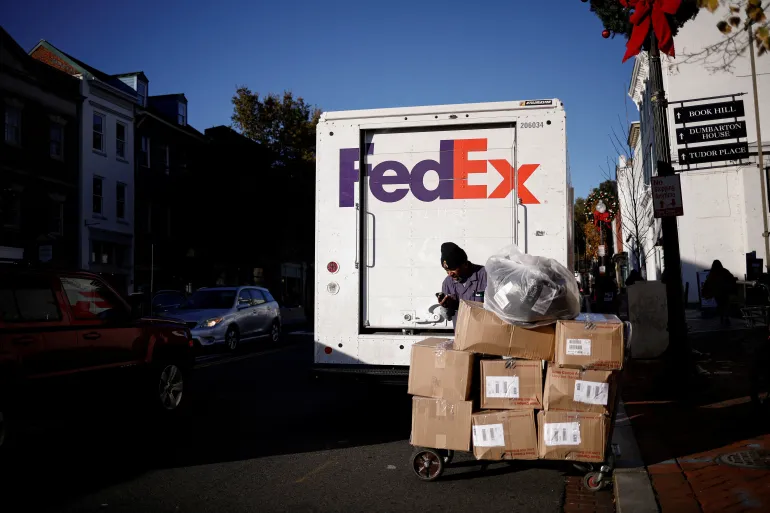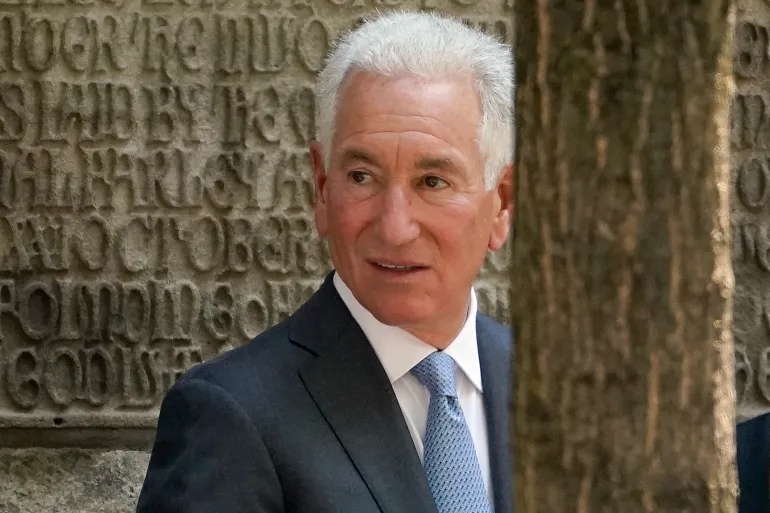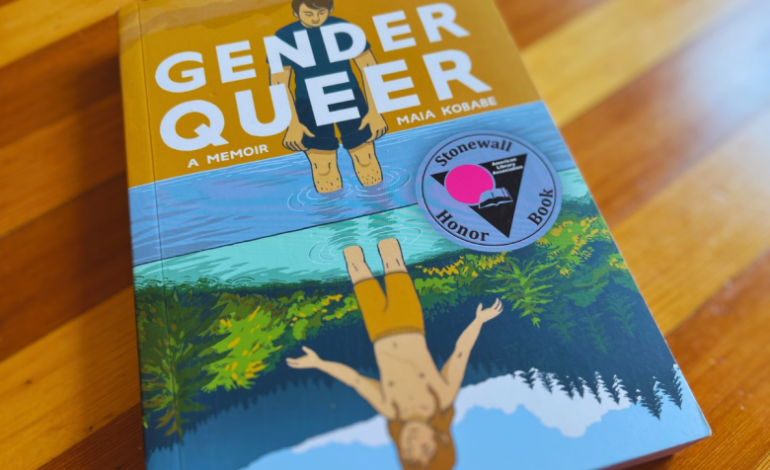The usually buttoned-up world of Wyoming politics took a surprisingly awkward turn this week, as lawmakers sparred over whether to penalize libraries that let kids get their hands on “sexually explicit” books. The scene: a packed Joint Judiciary Committee meeting in Casper, where clergy, librarians, and legislators read aloud passages that had more in common with an HBO script than your average policy debate, Oil City News reports.
Rev. Dan Odell, a Methodist pastor in full clerical collar, came prepared with receipts. If lawmakers really wanted to outlaw any book that describes sex in frank terms, he warned, they might have to ban the Bible itself.
He proved the point by quoting Ezekiel — a passage involving donkeys, horses, and emissions — and a few other eyebrow-raising verses. Odell’s takeaway? Sexual language can show up in sacred texts too, and context matters.
“I mention these not for sensationalism,” he said, “but because they’re a part of larger passages that reflect spiritual and moral truths.”
Not everyone agreed. Rep. Marlene Brady (R–Green River) pushed back, saying the Bible should never be equated with what she considers “immoral material.”
The draft bill, modeled on an Iowa law, is blunt. It defines what kinds of sexual acts can’t appear in books available to minors, with language that spells out acts like oral sex and ejaculation in stark detail.
Rep. Jayme Lien (R–Casper) had to read the list out loud in a May committee meeting, apologizing mid-sentence:
“Sorry if I get flush.”
Supporters argue that kids shouldn’t be able to stumble across graphic content, particularly in books geared toward LGBTQ+ teens. Rep. Anne Lucas (R–Cheyenne) insists the US Supreme Court’s “Miller test” on obscenity — which requires materials to lack any artistic or literary value — doesn’t apply when children are involved.
Opponents, including educators and librarians, counter that Wyoming already has obscenity laws. They say the bill risks sweeping up classics, award-winning literature, and, as Odell pointed out, even the Bible.
The Casper hearing drew librarians, educators, and LGBTQ+ advocates who warned the measure would muzzle libraries and expose them to crippling fines — up to $50,000 per violation.
“This ruins what the library is,” said Lindsey Travis, head of the Wyoming Library Association.
She offered lawmakers a compromise: set up a working group with library professionals. Lawmakers declined.
Instead, they punted. After two hours of testimony — mostly in opposition — the committee postponed a vote until October in Cheyenne. And while they won’t take more in-person testimony, lawmakers admitted their inboxes are being flooded. More than 850 people, rallied by the advocacy group Better Wyoming, emailed in opposition before the Casper meeting.
“This isn’t just librarians,” said Nate Martin, the group’s director. “It’s parents and regular folks who are tired of the Freedom Caucus pushing their religious agenda.”
Behind the heated Bible quotes and awkward readings, the fight boils down to a bigger question: Who decides what kids can read? Librarians and local boards say they already have processes to handle complaints, while conservative lawmakers argue the state has a duty to protect morality.
Sheridan Rep. Laurie Bratten (R) even cited the Wyoming Constitution:
“As the health and the morality of the people are essential to their well-being…it shall be the duty of the legislature to protect and promote these vital interests.”
But opponents say the proposal doesn’t just protect morality — it imposes one group’s definition of it. And that, they warn, could land Wyoming in a messy constitutional battle over free speech.
For now, the fight is paused. But if the sheer turnout in Casper is any indication, the debate over what sits on library shelves is only going to get louder — and maybe more uncomfortable — before October.










The latest news in your social feeds
Subscribe to our social media platforms to stay tuned